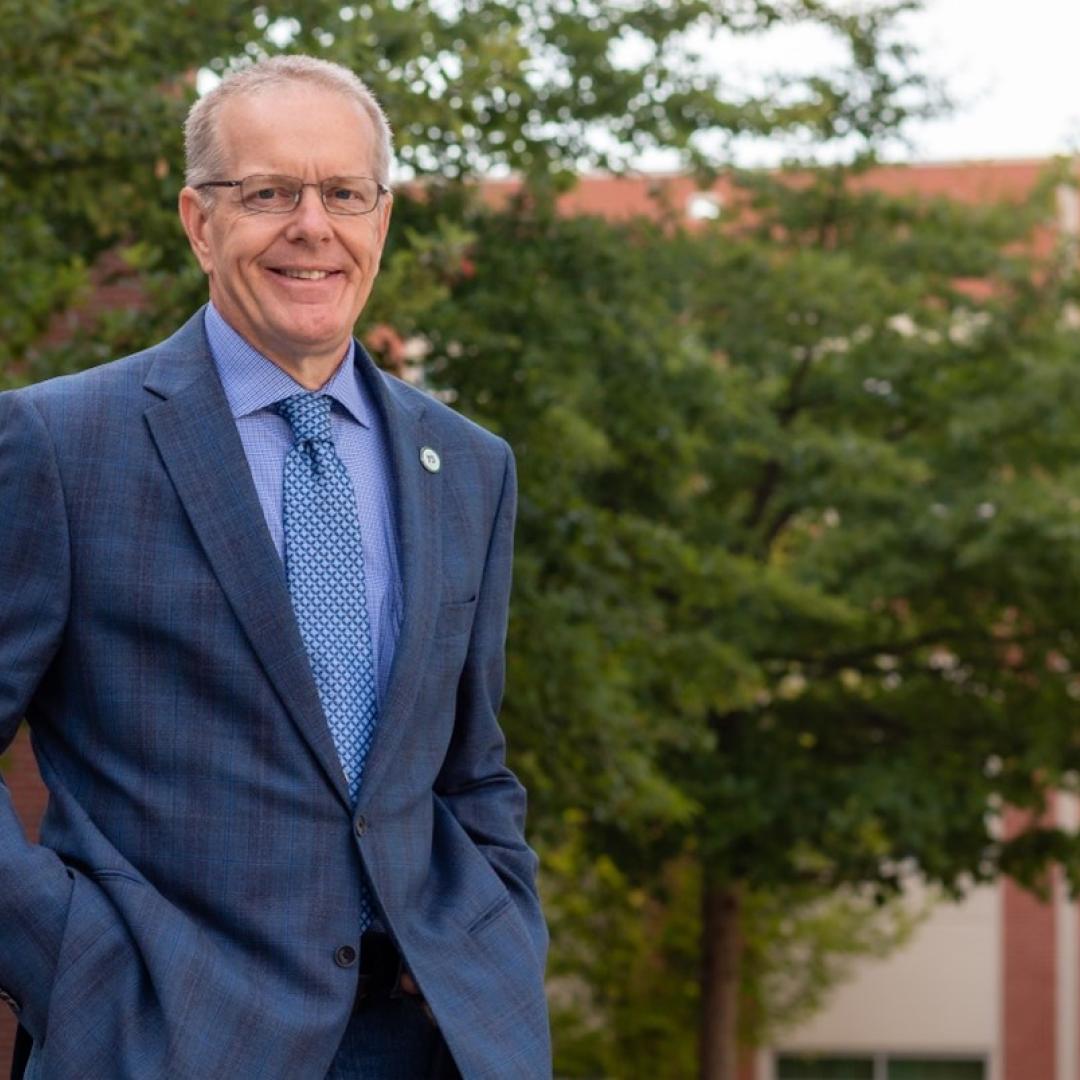
Filter News
Area of Research
- Biology and Environment (39)
- Clean Energy (27)
- Computational Biology (1)
- Computer Science (2)
- Fusion and Fission (6)
- Fusion Energy (1)
- Materials (16)
- Materials for Computing (5)
- National Security (20)
- Neutron Science (8)
- Nuclear Science and Technology (5)
- Quantum information Science (3)
- Supercomputing (61)
News Type
News Topics
- (-) Advanced Reactors (8)
- (-) Computer Science (82)
- (-) Cybersecurity (14)
- (-) Frontier (24)
- (-) Machine Learning (22)
- (-) Microscopy (20)
- (-) Renewable Energy (1)
- (-) Sustainable Energy (43)
- 3-D Printing/Advanced Manufacturing (37)
- Artificial Intelligence (46)
- Big Data (22)
- Bioenergy (50)
- Biology (58)
- Biomedical (28)
- Biotechnology (11)
- Buildings (18)
- Chemical Sciences (22)
- Clean Water (14)
- Climate Change (48)
- Composites (6)
- Coronavirus (17)
- Critical Materials (2)
- Decarbonization (45)
- Education (1)
- Emergency (2)
- Energy Storage (28)
- Environment (101)
- Exascale Computing (25)
- Fossil Energy (4)
- Fusion (30)
- Grid (23)
- High-Performance Computing (43)
- Hydropower (5)
- Isotopes (27)
- ITER (2)
- Materials (41)
- Materials Science (44)
- Mathematics (6)
- Mercury (7)
- Microelectronics (2)
- Molten Salt (1)
- Nanotechnology (16)
- National Security (35)
- Net Zero (8)
- Neutron Science (47)
- Nuclear Energy (54)
- Partnerships (16)
- Physics (28)
- Polymers (8)
- Quantum Computing (20)
- Quantum Science (30)
- Security (11)
- Simulation (30)
- Software (1)
- Space Exploration (12)
- Summit (30)
- Transformational Challenge Reactor (3)
- Transportation (27)
Media Contacts
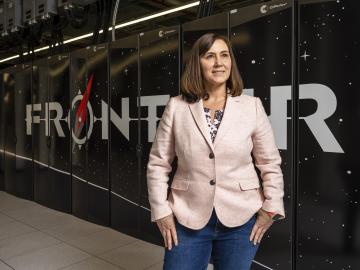
At the National Center for Computational Sciences, Ashley Barker enjoys one of the least complicated–sounding job titles at ORNL: section head of operations. But within that seemingly ordinary designation lurks a multitude of demanding roles as she oversees the complete user experience for NCCS computer systems.
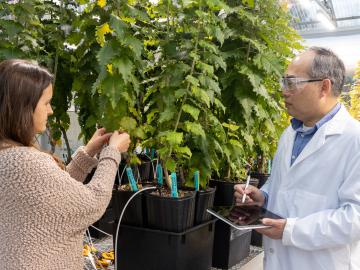
Nature-based solutions are an effective tool to combat climate change triggered by rising carbon emissions, whether it’s by clearing the skies with bio-based aviation fuels or boosting natural carbon sinks.
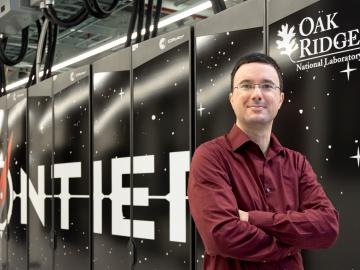
As renewable sources of energy such as wind and sun power are being increasingly added to the country’s electrical grid, old-fashioned nuclear energy is also being primed for a resurgence.
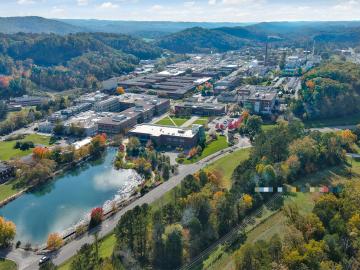
Inspired by one of the mysteries of human perception, an ORNL researcher invented a new way to hide sensitive electric grid information from cyberattack: within a constantly changing color palette.

A trio of new and improved cosmological simulation codes was unveiled in a series of presentations at the annual April Meeting of the American Physical Society in Minneapolis.
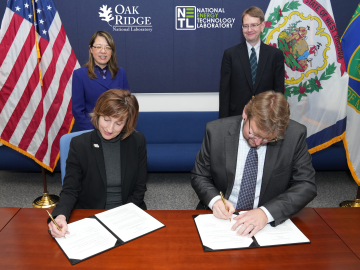
ORNL is teaming with the National Energy Technology Laboratory to jointly explore a range of technology innovations for carbon management and strategies for economic development and sustainable energy transitions in the Appalachian region.

The Center for Bioenergy Innovation has been renewed by the Department of Energy as one of four bioenergy research centers across the nation to advance robust, economical production of plant-based fuels and chemicals.
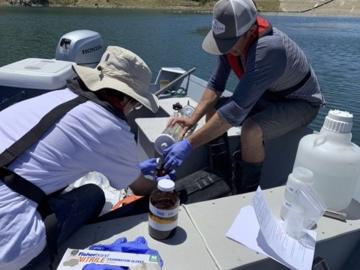
Environmental scientists at ORNL have recently expanded collaborations with minority-serving institutions and historically Black colleges and universities across the nation to broaden the experiences and skills of student scientists while bringing fresh insights to the national lab’s missions.
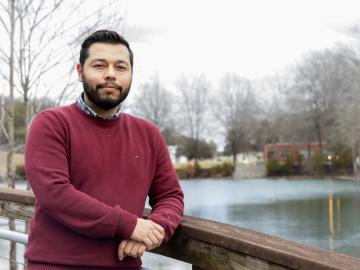
Hydrologist Jesús “Chucho” Gomez-Velez is in the right place at the right time with the right tools and colleagues to explain how the smallest processes within river corridors can have a tremendous impact on large-scale ecosystems.
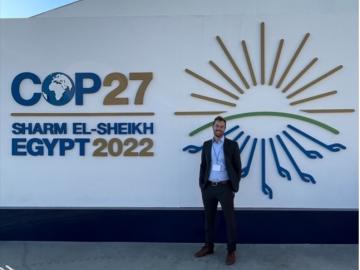
David McCollum, a senior scientist at the ORNL and lead for the lab’s contributions to the Net Zero World Initiative, was one of more than 35,000 attendees in Egypt at the November 2022 Sharm El-Sheikh United Nations Framework Convention on Climate Change, or UNFCCC, Conference of the Parties, also known as COP27.


